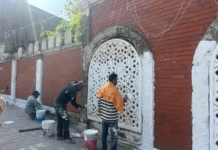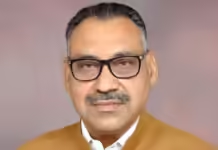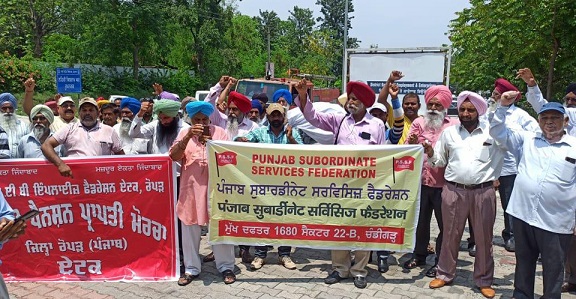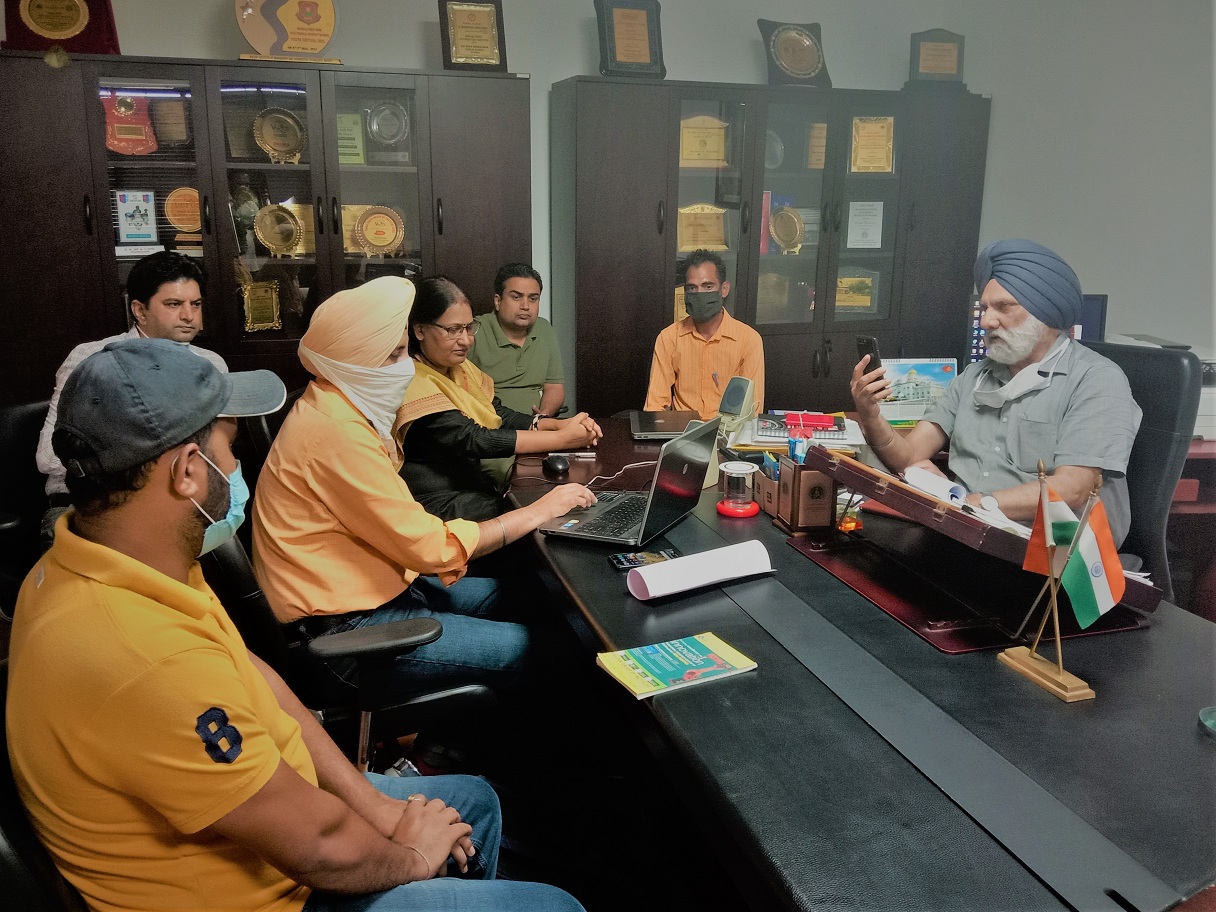Rana Gurjit writes to CM Mann; gives suggestions, raises concern over prevailing agricultural conditions in Punjab
Kanwar Inder Singh/ royalpatiala.in News/ June 18,2024
Today, Rana Gurjeet Singh, Congress MLA from Kapurthala has written a letter to chief minister of Punjab Bhagwant Mann on the prevailing agriculture situation in Punjab .
Rana Gurjit raises concern over the rapid depletion of groundwater in Punjab . He asked CM Mann that “we all are equally worried about the reports of Punjab turning to a desert very fast. Among many contributory factors, the role of paddy cultivation is the highest. Unless an alternative crop is proposed and incentivised, farmers in the State are not going to adopt so easily.”
I have some suggestions based on my experience and expertise on the subject, which I am extending for your consideration in the department concerned.
The cropping pattern in Punjab is alarmingly changing. Cotton cultivators in the Malwa region are also shifting to paddy cultivation which besides upsetting the state’s diversification efforts will certainly have serious implications on the groundwater scenario as paddy is the water guzzler, With an average decline of 51 cm/year, the state is already the worst affected in country in terms of groundwater exploitation and is fast moving towards desertification. The future appears even grimmer as the Central Ground Water Board has estimated that groundwater aquifers upto the depth of 600 ft. will run dry in the next 17-20 years if the present pace of groundwater exploitation continues.
The cotton crop which used to be one of the major cash crop of the south-western districts of the state, as in the late 80’s, the area under cotton had gone upto 8 lakh hectares after which it started declining. With the introduction of BT-Cotton, the area once again touched around 6 lakh hectares in the early 2000s. Since then area hovered around 3 to 4 lakh hectares but after twin pest attacks of white flies followed by pink bollworms, the area under cotton started declining. The situation has become all more alarming in the last two years, with just 1.79 lakh hectares last year and a dismaying 96,600 hectares this year being under cotton cultivation.
The most disturbing fact of declining area under cotton crop cultivation is that the majority of this area is being diverted to the paddy crop. An increase of area under paddy in one lakh hectares means that almost 40,000 agriculture pump sets shall be extracting double the volume of ground water, which was required for cotton crops. Taking this into perspective, we can well imagine as to how much additional water has been pumped out due to the declining area under the cotton cultivation over the last few years. The farmers are often easily blamed for diverting to paddy crop but the reason behind this shift also lies with policymakers and experts who have been unable to provide or propagate alternative solutions to this problem.
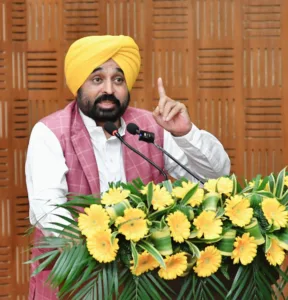
The Rabi-Maize or monsoon-maize as it is commonly known is a tried and tested key alternative to the water guzzler paddy as not only the climatic conditions of the state are ideal for its cultivation but due to improvement in varieties and inputs over the years, the yields has seen considerable increase. Not only the economics of growing monsoon-maize are comparable to that of paddy but the quantum of water saved is beyond any comparison. One farmer Avtar Singh of Village Dadiana, DisttFatehgarh Sahib (Mob: 9872445245) has been cultivating monsoon-maize for the last 3 years and has been getting a steady harvest of 38-40 qtls/acre which sells around Rs. 2000 per qtl, thus getting remuneration comparable to that of paddy crop. The water saving is huge as this crop which he sows at the onset of monsoon requires only 2-3 irrigation.
I would like to suggest that State’s Agriculture Department, Punjab Agricultural University and other allied departments/institutes should set up some demonstrative plots of ‘Monsoon Maize’ in an area of approximately 5000 acres all across the state, in all three Majha, Malwa and Doaba regions at farmers’ level under the guidance of relevant experts. A compensatory allowance can also be set up for farmers accruing losses during these experiments. Even this compensatory allowance for these demonstration plots, if all is required to be paid shall be nothing given the benefits accrued from savings of water and electricity required for its pumping. A detailed economic analysis of this complete alternate cropping system be studied and evaluated, so as to provide an viable diversification solution to the farmers of the state.
I would also like to suggest that a committee be formed, from amongst the elected representatives (MLAs and MPs), assisted by subject matter specialists to work on a roadmap for increasing areas under such type of alternative crops and for ways and means to develop strategies for conserving groundwater. My services will always be available for this purpose.
In the interest of our State and future generations, we all have to work in unison irrespective of our political ideologies.




